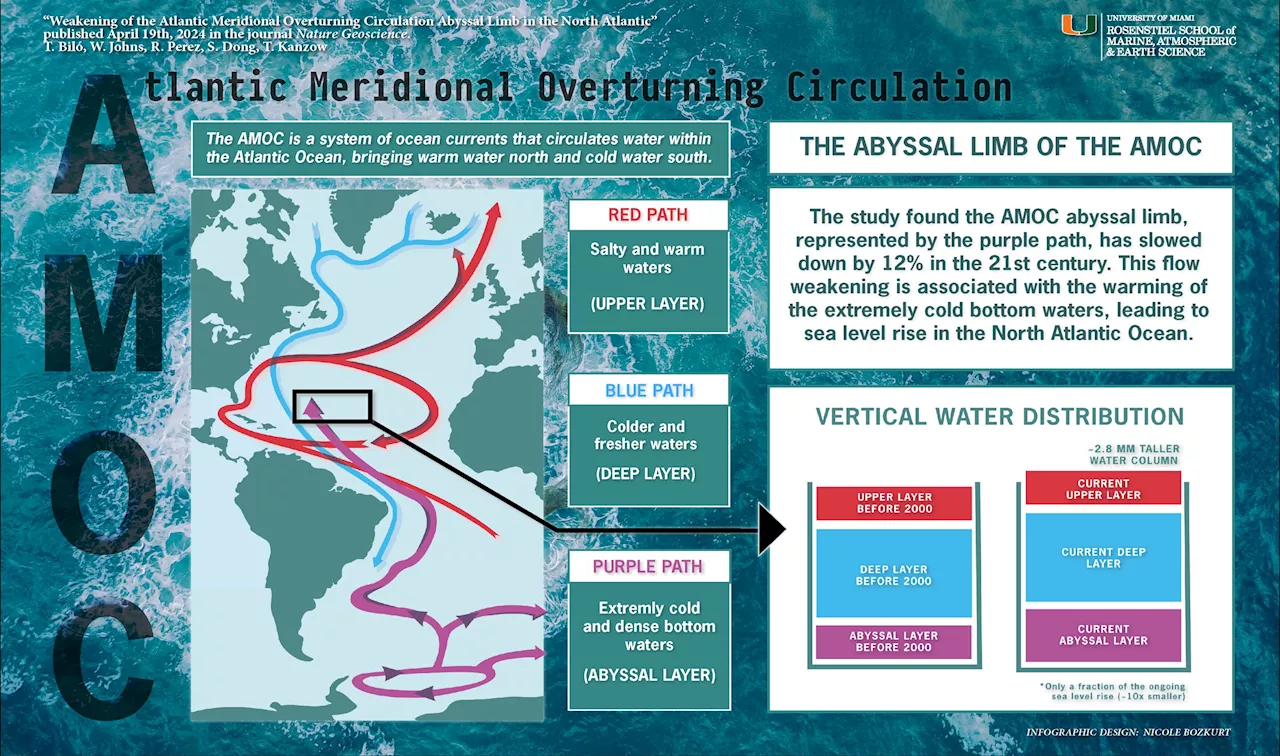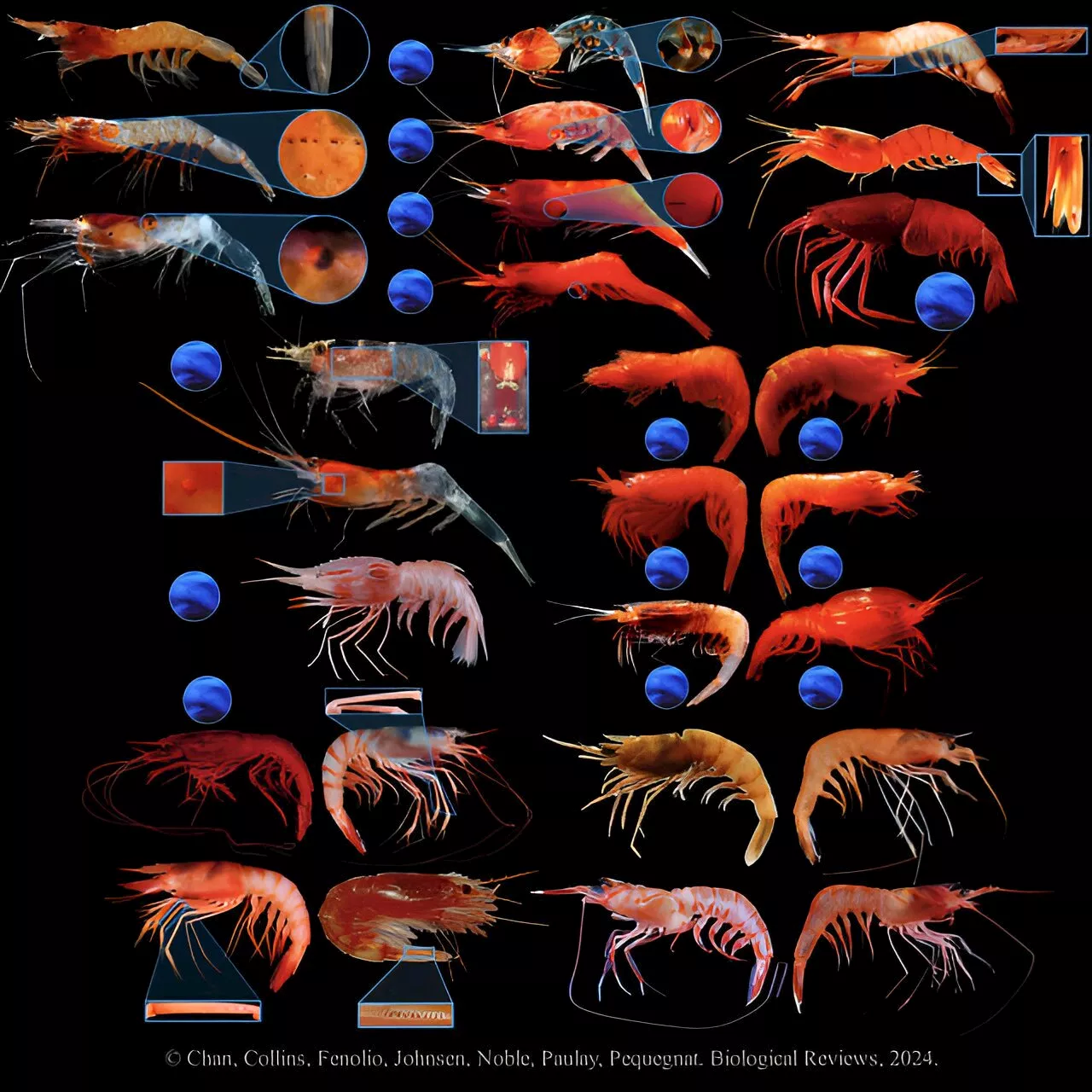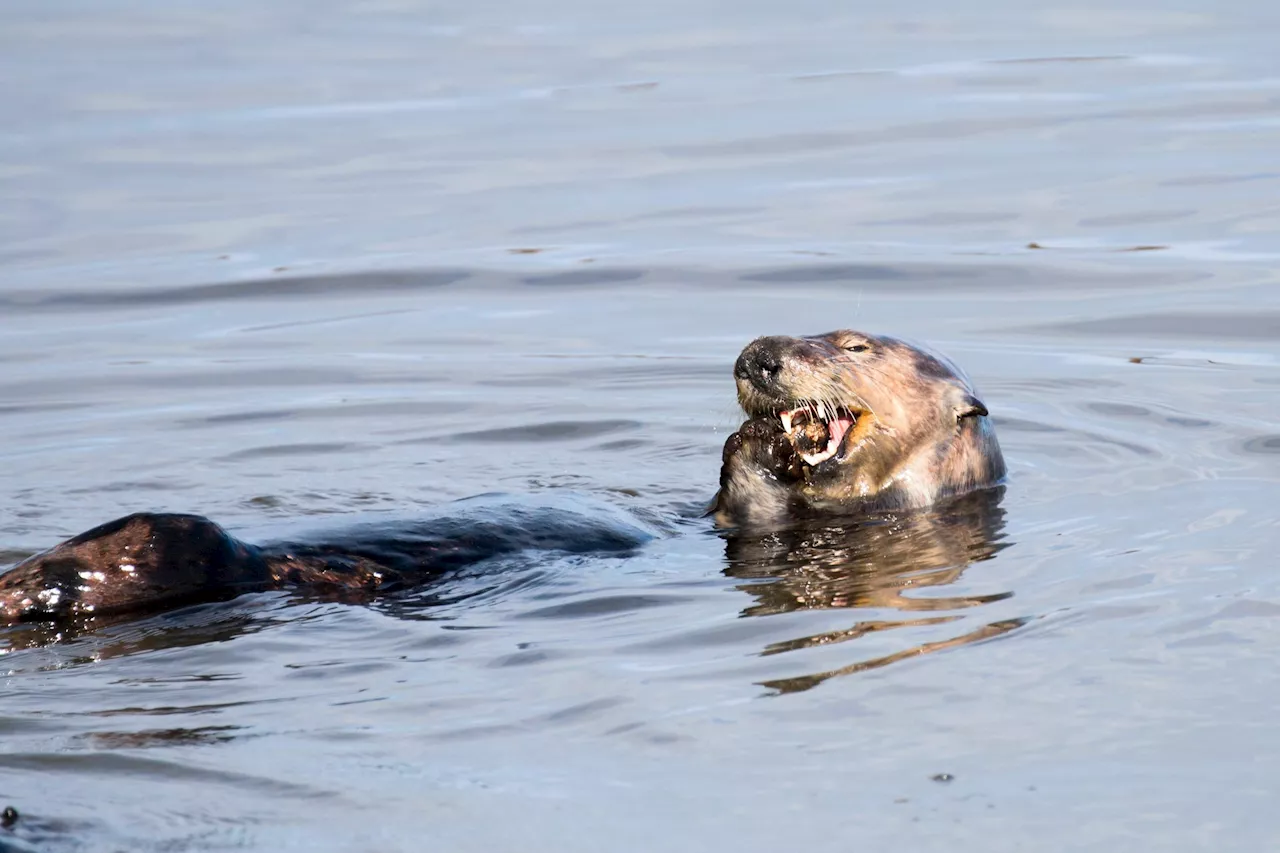Sea otters are one of the few animals that use tools to access their food, and a new study has found that individual sea otters that use tools—most of whom are female—are able to eat larger prey and reduce tooth damage when their preferred prey becomes depleted.
Sea otter study finds tool use allows access to larger prey, reduces tooth damage retrieved 16 May 2024 from https://phys.org/news/2024-05-sea-otter-tool-access-larger.html
This document is subject to copyright. Apart from any fair dealing for the purpose of private study or research, no part may be reproduced without the written permission. The content is provided for information purposes only.Apr 23, 2019Use this form if you have come across a typo, inaccuracy or would like to send an edit request for the content on this page. For general inquiries, please use ourThank you for taking time to provide your feedback to the editors.
Your feedback is important to us. However, we do not guarantee individual replies due to the high volume of messages.to let the recipient know who sent the email. Neither your address nor the recipient's address will be used for any other purpose. The information you enter will appear in your e-mail message and is not retained by Phys.org in any form.Get weekly and/or daily updates delivered to your inbox.
Physics News Science News Technology News Physics Materials Nanotech Technology Science
United States Latest News, United States Headlines
Similar News:You can also read news stories similar to this one that we have collected from other news sources.
 Warming of Antarctic deep-sea waters contribute to sea level rise in North Atlantic, study findsAnalysis of mooring observations and hydrographic data suggest the Atlantic Meridional Overturning Circulation deep water limb in the North Atlantic has weakened. Two decades of continual observations provide a greater understanding of the Earth's climate regulating system.
Warming of Antarctic deep-sea waters contribute to sea level rise in North Atlantic, study findsAnalysis of mooring observations and hydrographic data suggest the Atlantic Meridional Overturning Circulation deep water limb in the North Atlantic has weakened. Two decades of continual observations provide a greater understanding of the Earth's climate regulating system.
Read more »
 Warming of Antarctic deep-sea waters contribute to sea level rise in North Atlantic, study findsAnalysis of mooring observations and hydrographic data suggest the Atlantic Meridional Overturning Circulation deep water limb in the North Atlantic has weakened. Two decades of continual observations provide a greater understanding of the Earth's climate regulating system.
Warming of Antarctic deep-sea waters contribute to sea level rise in North Atlantic, study findsAnalysis of mooring observations and hydrographic data suggest the Atlantic Meridional Overturning Circulation deep water limb in the North Atlantic has weakened. Two decades of continual observations provide a greater understanding of the Earth's climate regulating system.
Read more »
 California aquarium pairs stranded sea otter pups with surrogate momsTwo California aquariums are addressing the issue of stranded sea otter pups found along the state's coast each year by pairing them with surrogate mothers.
California aquarium pairs stranded sea otter pups with surrogate momsTwo California aquariums are addressing the issue of stranded sea otter pups found along the state's coast each year by pairing them with surrogate mothers.
Read more »
 Nearly half of China’s major cities are sinking — some ‘rapidly’Tens of millions of people in the country’s coastal lands might find their homes below sea level by 2120 owing to sinking and sea-level rise. Tens of millions of people in the country’s coastal lands might find their homes below sea level by 2120 owing to sinking and sea-level rise.
Nearly half of China’s major cities are sinking — some ‘rapidly’Tens of millions of people in the country’s coastal lands might find their homes below sea level by 2120 owing to sinking and sea-level rise. Tens of millions of people in the country’s coastal lands might find their homes below sea level by 2120 owing to sinking and sea-level rise.
Read more »
 ‘Dust clouds’ from deep-sea mining threatening marine ecosystems: StudyStudy observed the dispersion of 'dust clouds' emitted by mining activities could disrupt marine life and lead to low visibility.
‘Dust clouds’ from deep-sea mining threatening marine ecosystems: StudyStudy observed the dispersion of 'dust clouds' emitted by mining activities could disrupt marine life and lead to low visibility.
Read more »
 New study finds bioluminescence more common than previously thought in deep‐sea shrimpScientists have discovered bioluminescence is actually pretty common among deep-sea shrimp, with a new study identifying 157 species that are believed to possess the ability to emit light. Some do it by vomiting luminous secretions and others through specialized light organs in their bodies. Some even do both.
New study finds bioluminescence more common than previously thought in deep‐sea shrimpScientists have discovered bioluminescence is actually pretty common among deep-sea shrimp, with a new study identifying 157 species that are believed to possess the ability to emit light. Some do it by vomiting luminous secretions and others through specialized light organs in their bodies. Some even do both.
Read more »
